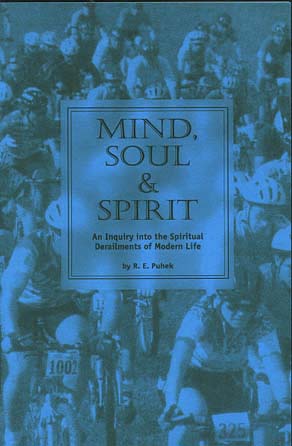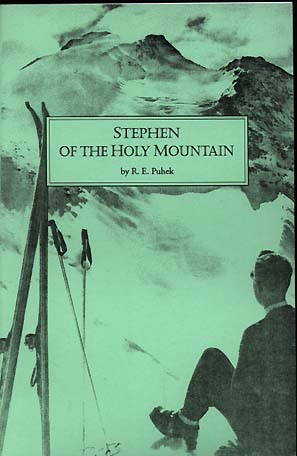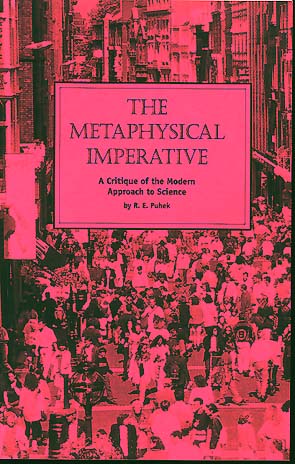Humility in Writing
We read about humility in last week’s reading, which included a definition of humility as seeing oneself as one really is.
I mentioned in the meeting that I see a certain admirable quality in some people which is their ability to see and evaluate things for what they are. Ron pointed out that this might not always mean that they see themselves equally as well, which is very true. I guess in this light I see that the writer Jack Saunders (who we read next) seems to try to see things for what they are as well as to direct this kind of effort as a spotlight on himself, with mixed results as can be expected. Which is perhaps why I now appreciate Jack’s efforts more than those of other clearsighted people I’ve known who haven’t made such an effort.
I say I see it in Jack but I mean I see it in his writing. Comparing my writing to Jack’s and to Ron’s really lets me see the difference between humble writing and confused writing (mine being confused). It really seems to stand out when one is reading that humility is a quality which makes for GOOD writing.
Good writing isn’t attached. You write what is. If it’s unattached, it would inevitably include a universal element which would let anyone with an interest and ability in using universals to see what you’re seeing. Your particulars will be freed up. It will be more than just a story about you, even if the subject is you. It will also be more truthful and accurate.
If someone writes their memories down *with a view to helping others somehow* and the result is only of use or interest to themselves—if it’s deadly dull for anyone else—that’s the sign of a writer who is attached to their writing and subject. They can’t stand back and first, see things for what they are, and second know why one writes in the first place to see what is needed to make the writing work as it should. It may not be intended to be easy reading, you may even intend surprise effects for the reader, but when writing for the public one needs to keep the reader in mind, if one loses that priority it seems like they’ve become attached to something of less importance. When unattached, one is able, thru effort still, to keep priorities straight. The mission would be accomplished only in this way.
Now, we all can only do the best we can. But being humble would let one write their best. It would have most goodness and most correct function in it.
I notice in my writing that I go on and on without focus and clarity. I have a goal, but I lose it. I feel that I have it, but when I read the result, it’s not there! Sometimes I can struggle to focus in on the truth and the goal of the writing and put it back in and fix what I’ve done. It’s amazing how detachment works into the editing process! Delete everything that doesn’t help the writing. It takes humility, which is clear sight, to do this!
When I read Ron’s writing I see the result of a detached discipline and commitment to telling something definite. What hard work it is! –I see this more and more. All I have to do is compare my own efforts. Now I know Ron edits his work, too. I just find myself appreciating the end result more and more. The process in creating a proper text seems to be one of movement from attachment and confusion to the detachment that let’s one create because one finally sees both the goal and what is, clearly, which seems to be a state of humility.
But I suppose at some point when the eye and hand is trained and sbumits and is toughened enough to be honest and selective, then one can just use ones faculties as tools and work as fast as any other master craftsman. It looks effortless then. Of course it may still go slow, it may look to go impossibly fast, but it will go as it should. It will be optimized to both you and to the truth. One lets the hand have its way at that point, as Jack describes the great Japanese artists (as well as Picasso).




